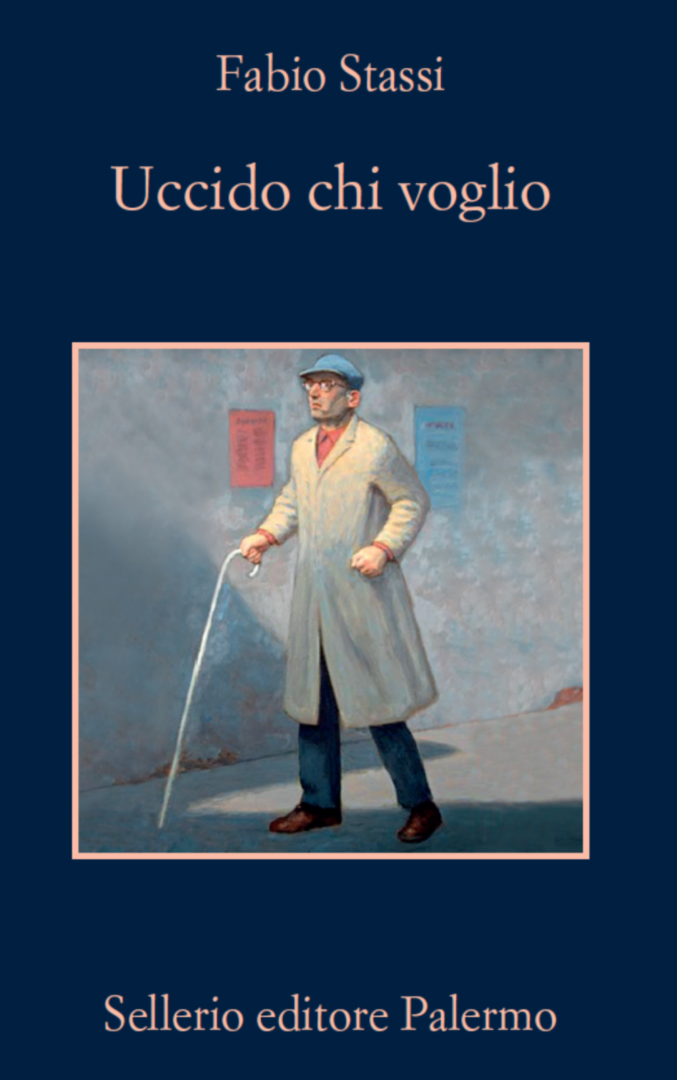Uccido chi voglio

A new adventure with blacker hues than ever before for bibliotherapist Vince Corso, a conundrum that leads him to stray into the shadows and question the threatening and saving power of words.
This story was born in a prison. An Albanian inmate revealed to me in a meeting the true meaning of my family’s ancient nickname, Vrascadù. I had always believed it meant Fallen Arms and was a contraction of Sicilian. Instead, it was an Arbëreshë phrase; the boy handed me the translation on a torn page that I carried with me for years: I kill who I want. That is the title of this novel, and why it begins with another note sent from Regina Coeli.
Writing to Vince Corso, who by trade treats people by suggesting books to read, is a lifer named Queequeg. Thus begins a difficult week, in which Corso will find himself a foot away from madness and in the middle of an investigation, but from inquisitor to inquisite, as if in addition to reality even the alphabet has been turned upside down and a Magic Door exists for real between books and life.
Lost to Rome, Vince Corso trains himself to get lost, not to find himself. His is the testimony of an unwitting detective who can no longer read the world around him. A report on shadows, and on the threatening and saving power of words. A long letter to his father, after many postcards.